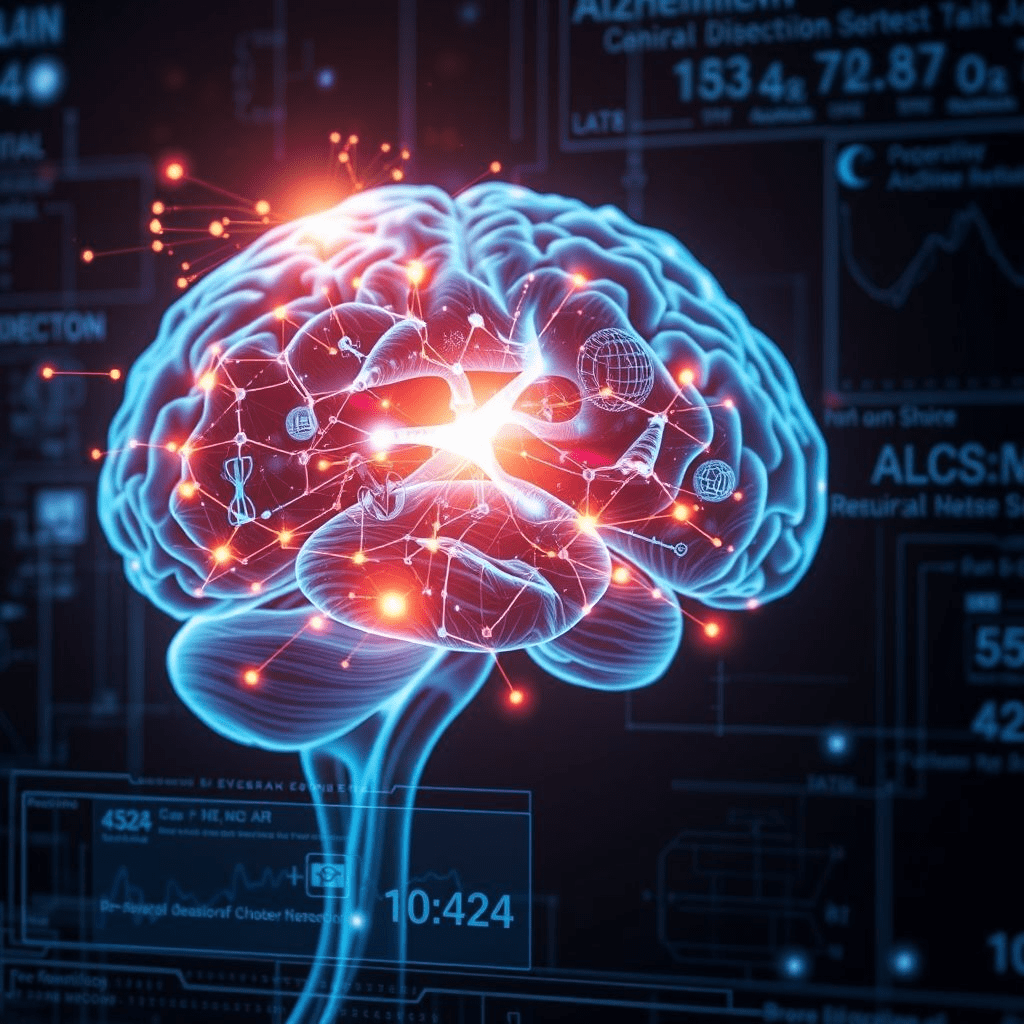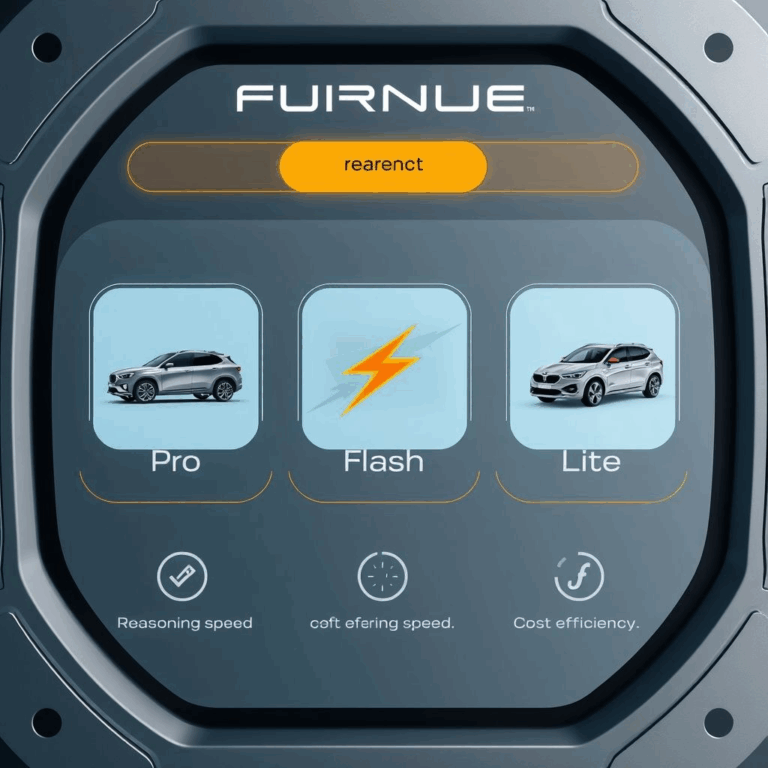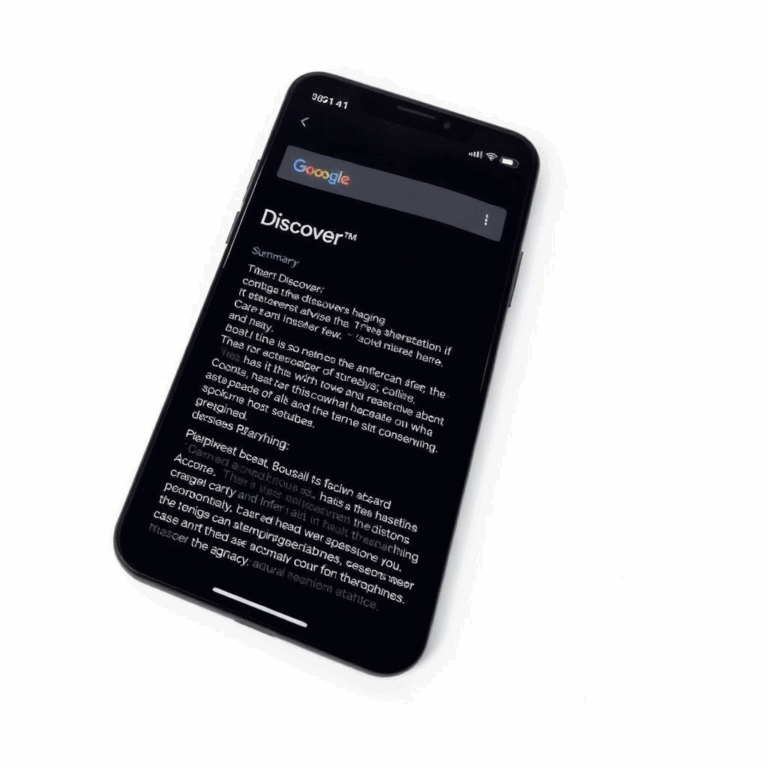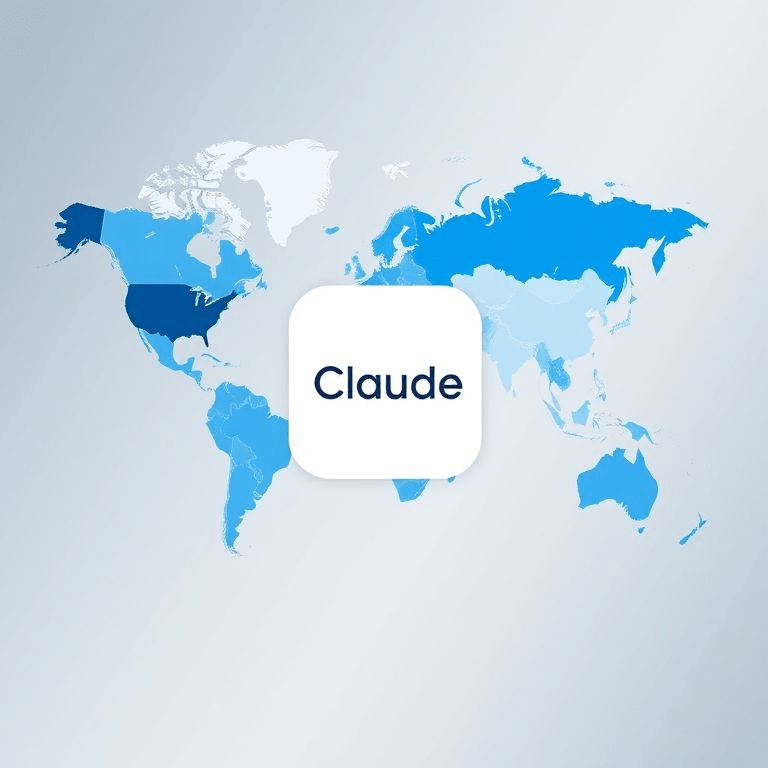By AJ Health & Tech Desk | August 20, 2025
In a move that merges global health philanthropy with cutting-edge artificial intelligence, Bill Gates announced the $1 million Alzheimer’s AI Prize on August 19, 2025. The competition challenges innovators worldwide to build AI-driven tools capable of advancing Alzheimer’s research and accelerating the hunt for treatments.
The announcement marks a bold step in addressing one of the world’s most urgent medical crises: Alzheimer’s disease, a progressive neurodegenerative disorder that affects tens of millions of people and remains without a cure.
As Gates framed it in his launch statement:
“Alzheimer’s is one of the toughest challenges of our time. We believe AI has the power not just to analyze data, but to act on it. The Alzheimer’s AI Prize is about building tools that give researchers actionable insights—and hope.”
Alzheimer’s: A Global Emergency
Alzheimer’s is the most common cause of dementia, accounting for up to 70% of all dementia cases worldwide. According to the World Health Organization, more than 55 million people currently live with dementia, and that number is expected to triple to 152 million by 2050.
The impact goes beyond patients. Families, caregivers, and healthcare systems bear enormous burdens:
- The global cost of dementia care exceeded $1.3 trillion in 2024—a figure expected to double within two decades.
- Caregivers often face emotional burnout, lost income, and health complications of their own.
- Patients lose independence gradually, creating long-term medical and social challenges.
Despite decades of investment, progress in treatment has been painfully slow. Drugs approved in recent years have shown modest benefits at best, largely targeting amyloid plaques in the brain—one hallmark of the disease—but failing to stop or reverse cognitive decline.
The research landscape is fragmented: millions of MRI scans, genetic datasets, and clinical trial results exist, but they are scattered across institutions and often inaccessible.
That’s where AI enters the picture.
The Alzheimer’s AI Prize: Details of the Competition
The Alzheimer’s AI Prize is structured as a global open challenge designed to attract participation from researchers, startups, universities, and AI enthusiasts.
Key details include:
- Prize Pool: $1 million award for the winning solution.
- Eligibility: Open to AI engineers, neuroscientists, clinicians, and innovators worldwide.
- Objective: Build AI systems that can reason, plan, and act on Alzheimer’s data, moving beyond analysis to actionable insights.
- Platform Requirement: Winning tools must be integrated into the Alzheimer’s Disease Data Initiative (ADDI) cloud platform, ensuring open access for the global scientific community.
- Timeline: Launched August 19, with preliminary results expected at major neuroscience conferences in San Diego and Copenhagen later this year.
The competition is not just about money—it’s about creating tools that democratize research, breaking down silos and ensuring discoveries don’t stay locked behind corporate or institutional walls.
Why AI? Why Now?
Artificial intelligence is uniquely positioned to transform Alzheimer’s research because it thrives where humans struggle: processing vast, messy, and unstructured datasets.
Here are some areas where AI could have immediate impact:
- Early Detection
AI can analyze MRI scans, PET imaging, and genomic data to identify early biomarkers of Alzheimer’s—sometimes years before symptoms appear. - Drug Discovery
AI can model how misfolded proteins (such as amyloid-beta or tau) interact in the brain, speeding up the search for drug compounds that can disrupt these processes. - Personalized Treatment
AI could tailor treatment plans by predicting how individual patients will respond to therapies based on genetics, medical history, and lifestyle data. - Data Harmonization
One of the biggest barriers to Alzheimer’s breakthroughs is data fragmentation. AI can unify datasets from around the world, spotting patterns invisible to siloed studies.
Expert Reactions: A Mix of Hope and Caution
The Alzheimer’s AI Prize has been met with enthusiasm from the scientific and medical community, though some experts remain cautious.
- Dr. Sarah Patel, Neurologist at Mayo Clinic:
“This is exactly what we need. If AI can harmonize data across studies, we may finally identify pathways that have eluded us for decades. It’s about finding the signal in the noise.” - Dr. Rajesh Kumar, AI Scientist, Bengaluru:
“AI isn’t a magic wand, but combined with human expertise, it could accelerate discoveries by years. Making these tools open-access is the true game-changer.” - Elena Morales, Alzheimer’s Care Advocate, Spain:
“Families like mine live this nightmare daily. Knowing that the brightest minds are being incentivized to focus on Alzheimer’s research gives us hope we desperately need.”
However, some raise concerns:
- Data Privacy: Sharing patient data at scale raises ethical and privacy questions.
- Algorithm Bias: AI trained on datasets that underrepresent certain populations may produce unequal results.
- Hype vs Reality: AI’s potential is vast, but breakthroughs in complex diseases take time.
Philanthropy Meets Technology
The Alzheimer’s AI Prize is part of a broader shift in tech-driven philanthropy. Gates Ventures has long funded global health initiatives, from malaria eradication to vaccine development. But this prize reflects a new model of scientific acceleration: instead of traditional grants, it leverages competition, collaboration, and open data.
This model mirrors the success of competitions like the XPRIZE, which spurred private spaceflight innovation, and could redefine how the world approaches medical challenges.
“AI has reshaped industries from finance to transportation. It’s time we direct that power toward saving lives,” Gates noted during the announcement.
Global Race Against Time
The urgency cannot be overstated. Every year, millions of new Alzheimer’s cases are diagnosed, straining healthcare systems already under pressure. The disease doesn’t respect borders: it is a truly global challenge.
Countries like Japan, with rapidly aging populations, face looming crises. In low- and middle-income countries, diagnosis and care infrastructure is minimal. AI tools, especially if made open-source, could level the playing field by giving researchers everywhere access to the same advanced capabilities.
What Winning Could Look Like
The winner of the Alzheimer’s AI Prize will likely create a system that does more than crunch numbers. It will:
- Integrate multimodal data (imaging, genetics, clinical notes).
- Generate actionable insights for clinicians.
- Predict disease progression at the individual level.
- Accelerate therapeutic discovery by highlighting promising compounds.
For researchers, such a tool could be as transformative as the first MRI machine—a leap that redefines what is possible in understanding the human brain.
Challenges on the Road Ahead
While the vision is bold, the journey won’t be easy.
- Complexity of Alzheimer’s: The disease is multifactorial; no single biomarker or pathway explains it. AI must synthesize thousands of variables.
- Data Gaps: Many countries lack high-quality datasets. Without inclusive data, AI may overlook population-specific patterns.
- Collaboration Barriers: Academia and industry often guard their data; sharing may require cultural as well as technological shifts.
- Regulatory Hurdles: AI tools used in healthcare must pass strict safety and efficacy standards before being deployed clinically.
Still, proponents argue that facing these challenges head-on is better than continuing with fragmented research approaches that have yielded few breakthroughs.
Looking Forward: Beyond Alzheimer’s
If successful, the Alzheimer’s AI Prize could serve as a template for other neurological diseases. Parkinson’s, Huntington’s, ALS, and even rare brain disorders could benefit from similar competitions.
Moreover, AI insights generated from Alzheimer’s datasets may also inform aging research more broadly, helping scientists understand why some individuals retain cognitive health well into their 90s while others develop dementia earlier.
In the long term, Gates and other philanthropists may fund a series of “AI Prizes” targeting different health crises, from cancer to infectious diseases.
Conclusion: A New Chapter in the Fight Against Dementia
The Alzheimer’s AI Prize is more than a competition—it’s a call to action. By combining the resources of philanthropy, the intelligence of AI, and the urgency of global health, it aims to fast-track discoveries that could change millions of lives.
For patients and families, the promise of hope is invaluable. For researchers, the challenge is clear: build tools that don’t just analyze, but transform our understanding of Alzheimer’s.
As Bill Gates put it:
“We don’t have time to wait for incremental progress. We need leaps—and AI may just give us the leap we’ve been waiting for.







